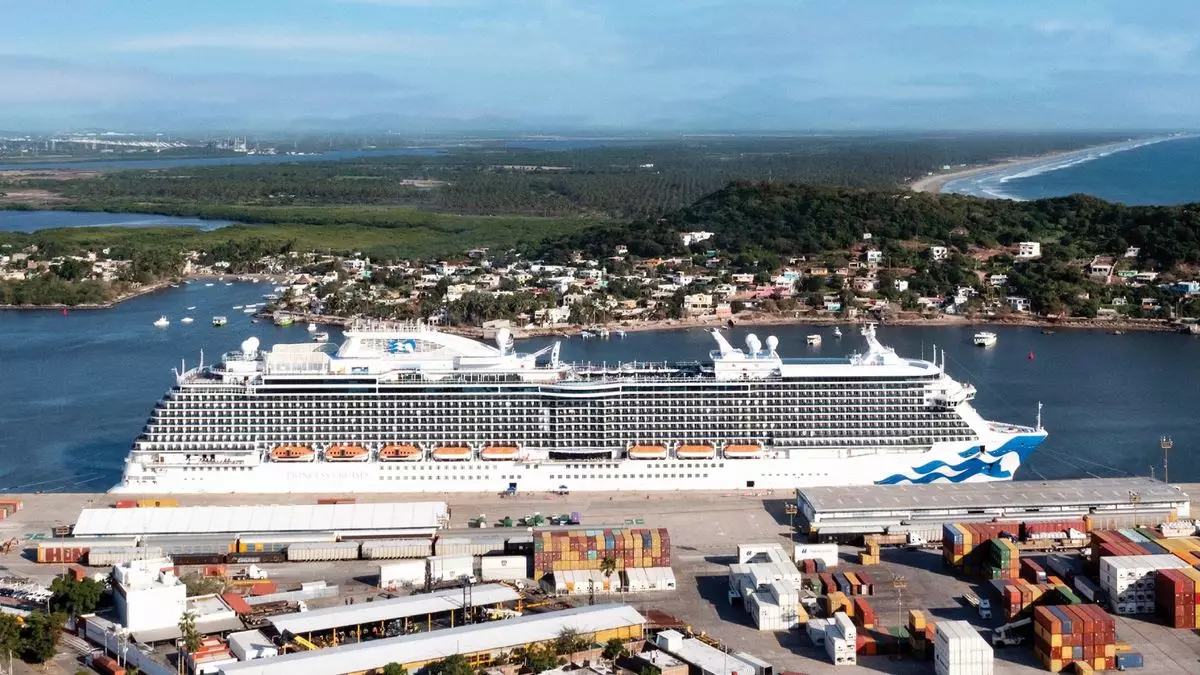In a move that has sparked considerable debate within the cruise industry, Mexico’s federal government has proposed a $42 tax on each cruise passenger, scheduled to take effect on July 1. Initially set for January 1, the implementation of this tax was postponed in response to significant backlash from cruise operators. Carnival Corp.’s CEO, Josh Weinstein, articulated his deep-seated concerns during a recent earnings call, asserting that industry stakeholders were not adequately consulted prior to the decision. This situation raises critical questions about the impact of such a tax on both the cruise industry and Mexico’s tourism sector.
Industry Reactions and Government Relations
In Weinstein’s remarks, he emphasized the importance of ongoing dialogue between Carnival Corp. and the Mexican government. He encouraged a cooperative approach that outlines the extensive advantages the cruise industry provides to the national economy. With tourism serving as a vital economic engine for Mexico, the proposed tax could face fierce internal scrutiny as stakeholders assess its ramifications on visitor numbers and the broader cruise market. In a world increasingly sensitive to leisure travel costs, the potential for itineraries to be adjusted to evade Mexican ports adds another layer of complexity to this situation.
The Potential Consequences of the Tax
Weinstein underscored a crucial point: the cruise industry possesses options to alter routes, effectively bypassing Mexican ports if the tax remains in place. This could lead to a significant decline in cruise-related tourism revenue for Mexico, which has relied heavily on visitation from cruise ship passengers. The tax, which was introduced without the input of relevant industry figures, is also seen as a misstep from a public relations standpoint, as the perception of fairness and equal treatment among travelers comes into play.
Moreover, the allocation of two-thirds of the tax revenue to fund the Mexican army raises ethical and logistical questions about the use of funds and the spirit of the tax itself. Critics may argue that this prioritization reflects priorities that diverge from enhancing the tourism experience, potentially alienating tourists who value safety and infrastructure improvements over military funding.
As discussions about the tax continue into the new year, the outcome remains uncertain. Carnival Corp. and other cruise lines must advocate for a balanced approach that addresses the concerns of the Mexican government while also safeguarding the economic interests of the cruise industry. The unfolding dialogue will be crucial in determining whether the proposed tax will come into effect, or if adjustments will be made that consider the broader implications for both the cruise industry and the tourism economy in Mexico. Navigating this challenging landscape will require tact and collaboration to ensure that both parties can find common ground in what promises to be a contentious debate.


Leave a Reply